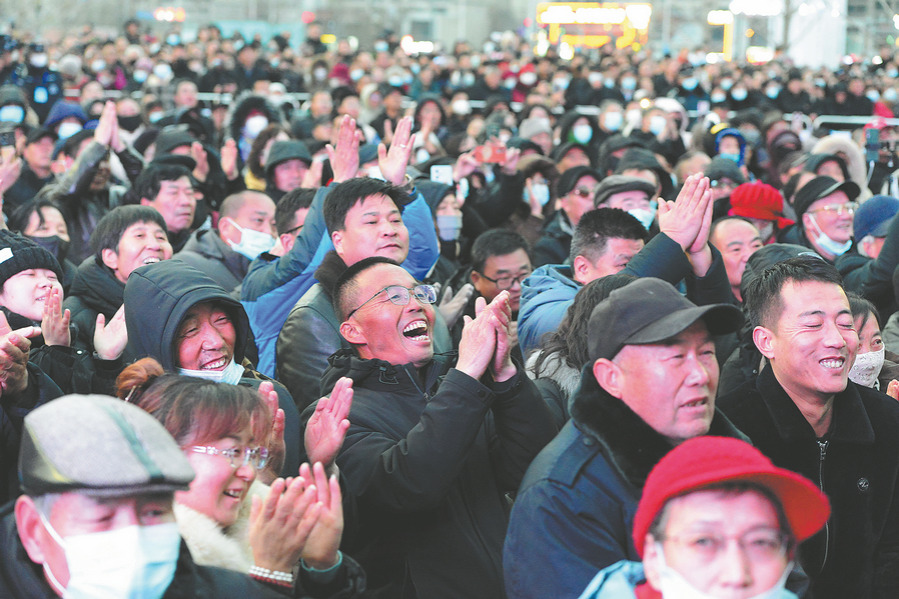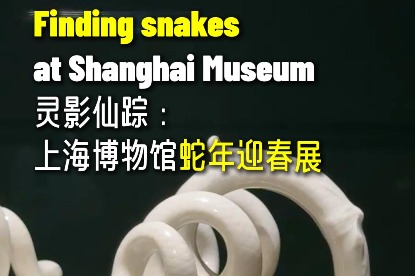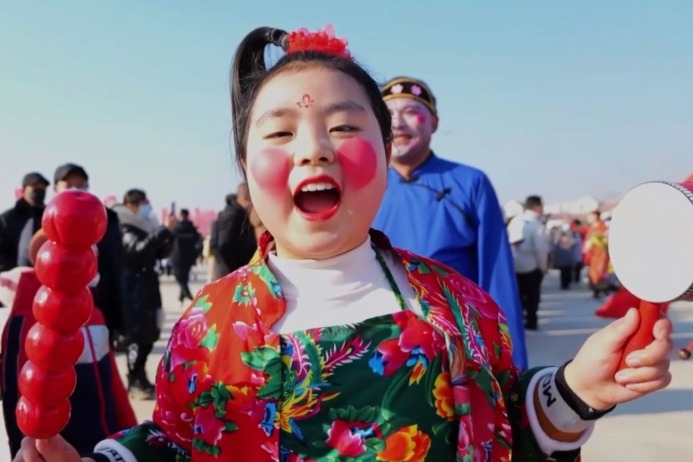Lights of the night


An Songsong noticed a post on WeChat on Jan 23 about the coronavirus, including how to protect oneself from infection, official data and refutations of rumors.
More than 100 netizens had added information to the original post, as it was open to writing. An was impressed with the new way of contributing to the fight against the virus. He joined the A2N, a volunteer group behind the post.
Many such groups have emerged on Chinese social media since the outbreak, with people doing online and offline work in an organized manner.
The A2N, or the "anti-2019-nCoV "group, was set up online on Jan 22 by Yang Gaojie, an entrepreneur based in Wuhan, Hubei province, the epicenter of the outbreak in China, originally to refute rumors when people didn't have enough understanding of the virus.
Yang first made the post with some information he had identified, and promoted it online so that more people could see it and add information to it.
"In just two days, the post was viewed over 1 million times," says Yang, adding that he then created several smaller WeChat groups and invited people who wanted to join, and the A2N was formed.
There are more than 3,500 members, most of whom are undergraduate and postgraduate students born in the 1990s.
The A2N is divided into different subgroups for rumor refutation, translation, coordination, materials transport, information dissemination and technology support. The work focuses on providing content, which means members verify news and tell people whether it is correct or not. They translate essays and articles related to the virus, and publish related posts on WeChat, Sina Weibo and their own website.





































